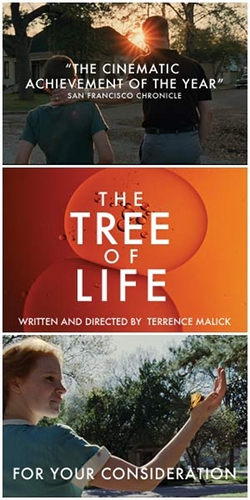Review: The Debt (2011)
No one escapes life without obligations to take responsibility for. It’s a contract we all must uphold. The question lies more in how exactly those obligations will be handled.
The American version of The Debt, from director John Madden (Proof, Shakespeare in Love) is an anxiety-ridden story of unfinished business and facing the duties created by one’s past in the present.
This compelling thriller jumps back and forth between 1997 and 1965 in the lives of retired Mossad secret agents, Rachel Singer (Helen Mirren), Stephan Gold (Tom Wilkinson) and David Peretz (Ciarán Hinds). As young agents (played respectively by Jessica Chastain, Marton Csokas and Sam Worthington) they were entrusted with a mission, the success of which would give their Israel a release after the pain their people had endured during World War II.
Their task, to capture and deliver the Nazi war criminal Dr. Dieter Vogel, was one laden with pressures and intense expectations. When things did not unfold as planned, the trio decided to bury the truth deep within themselves in the name of the greater good. They were then forced to struggle with their shared burden individually.
With the primary focus on Rachel, the tightly packed plot lays out hasty decisions, fragmented actions and forced complacency in our protagonists. Although Rachel is used as a center point, the perspective is not uniquely female. At its roots, the message is truly about people facing who they are, their actions and what it will take to settle their own debts with themselves.
An adaptation of the 2007 Israeli film Ha-Hov, The Debt sets the stakes high immediately, establishing an uneasy and foreboding tone almost instantly in the first act. This is maintained throughout the film by beautifully haunting cinematography and intermittent editing.
The entire cast is consistently solid throughout the film. Worthington, as young David, delivers a touching performance that is a welcome change to his most recent projects. Marton Csokas stood out among the others in his role as the calculating and wily young Stephan Gold.
The only real issue with The Debt becomes more obvious in the second act. While the plot is rich and interesting, it’s also extremely dense, leaving no space for proper character development. Because of this, the communication of motives relies heavily on exposition. Not only can this become tedious and cause confusion, but it also blocks viewers from connecting emotionally with Rachel and the other members of her team.
The majority of the film is spent (almost wasted) explaining the original mission, yet it’s very clear that the emphasis of the story is meant to be Rachel’s emotional and physical struggle during the third act. Unfortunately, it fails in achieving this impact simply because not enough time was spent on it’s build up.
The Debt’s conclusion feels gift-wrapped. Viewers are meant to feel vindicated alongside Rachel, who was able to give herself and her country justice and set the record straight in an effort to clear her conscience. Regrettably, without that deep connection necessary in films focused on personal struggle, viewers will remain uninspired. The Debt is a beautiful film that missed out on several opportunities to be much more than it ultimately is.
-
http://articletc.com/budget-travel-fundamentals.html gps control de flota
-
http://www.mobilefleet.es control flota


















 Review: The Flowers of War (2011)
Review: The Flowers of War (2011) Review: Funny Games (2007)
Review: Funny Games (2007) Review: Osaka Elegy (1936)
Review: Osaka Elegy (1936) Review: Miss Bala (2011)
Review: Miss Bala (2011) Review: Hidden (2005)
Review: Hidden (2005)


